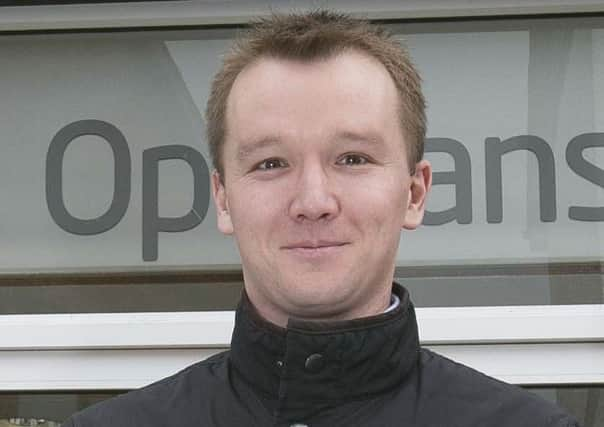Raising awareness of diabetes at Specsavers


The initiative is in support of Diabetes UK’s Know Diabetes, Fight Diabetes campaign, running throughout the week. It has been shown that early detection of diabetes is key as those with the condition are 25 times more at risk of going blind.
There are two main types of the condition. Type 2, which is often the result of an unhealthy lifestyle, accounts for the vast majority of people who have the condition, and as many as one million may be unaware they have it.
Advertisement
Hide AdAdvertisement
Hide AdIn the UK, within 20 years of diagnosis, nearly all people with Type 1 and almost two thirds of people with Type 2 diabetes have some degree of eye damage as a result of their diabetes.
Michael Kennedy, Specsavers store director in Portadown and Craigavon, said: “Digital retinal photography is an important tool in helping optometrists spot signs of diabetic eye changes, sometimes in patients who were not even aware that they were diabetic.
“Early detection of type 2 diabetes is a particular priority given the reported rise in the condition. A full eye test today can pick up a range of indicators which can be a sign of diabetes. Early detection of any problems can be crucial in helping to prevent blindness.”
Digital retinal photography takes a photograph of the back of the eye – the only part of the body where the microcirculation of blood can be directly observed.
Advertisement
Hide AdAdvertisement
Hide AdIt is already included as standard part of an eye test at Specsavers for all patients over 40 and when otherwise deemed necessary by the optometrist.
Michael adds: ‘Reducing the risk of diabetes can be simple. Eating a healthy, balanced diet and cutting down on salt, fat and sugar are all essential. Regular exercise can also stimulate blood flow, and there is also a direct link between diabetic eye problems and obesity, so losing weight can also help.’
For further information on Diabetes Week, please visit: https://www.diabetes.org.uk/ Diabetes-Week/